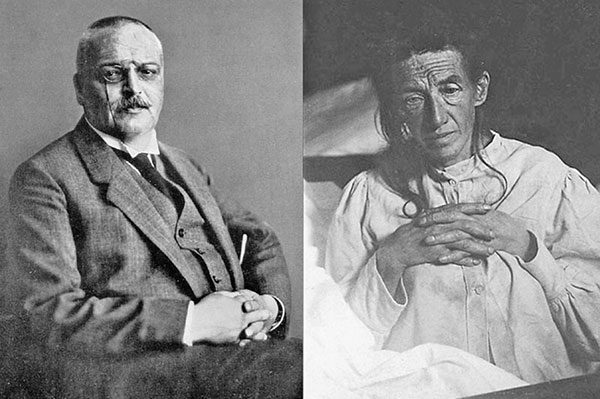“If someone has pre-dementia and on top of that they have apathy, their brain shrinks faster.” –Dr. Prasad Padala, U.S. Department of Veterans Affairs and University of Arkansas for Medical Sciences
There are many early signs of dementia from trouble paying bills to forgetting details of a conversation and repeating the same questions. Now, researchers say that apathy — a lack of motivation to attain specific goals — may be another early symptom.
New research shows that apathy can be a forewarning of dementia. Clinicians say that treating apathy, which can be troubling for loved ones as they become more socially withdrawn, may help keep their brains active and slow down the neurodegenerative process.
“Apathy can be very distressing for family members, when people no longer want to get together with family or friends or don’t seem interested in what they used to enjoy,” Dr. Meredith Bock, an author of the study and a clinical fellow in neurology at the University of California, San Francisco, said in a news release.
In a study published in the journal Neurology, Bock and colleagues measured the levels of apathy in more than 2,000 older adults, average age 74, through a series of survey questions. Based on survey answers, the researchers then divided participants into three groups: low, moderate and severe apathy.
After following the subjects for nine years, and using an algorithm that incorporated dementia medication use, hospital records and results on cognitive tests, the team found that participants with severe apathy were 80 percent more likely to develop dementia than those with low apathy — an indication that apathy can be an early symptom of dementia, also known as the prodromal phase.
“We think of the prodromal phase as the time when there’s something abnormal going on in the brain but we can’t yet detect it with our standard cognitive test,” Bock told Medscape Medical News. “So we’re thinking of other things we can ask about or look for that will give us a clue that something isn’t quite right with a patient or that damage might be going on in the brain.”
The findings are in line with past research, the scientists wrote, as studies have shown that apathy is linked to signs of neurodegeneration of the brain. Researchers have previously found that symptoms of apathy among people with dementia are correlated to increased levels of beta-amyloid and aggregates of abnormal tau proteins known as neurofibrillary tangles. Also, people with varying cognitive abilities who develop apathy exhibit atrophy in different regions of the brain.
Neuropsychiatric symptoms ranging from apathy and depression to anxiety and delusions affect up to half of the people with mild cognitive impairment, which can be a precursor of dementia. And nearly all of those with dementia suffer from neuropsychiatric symptoms at some point of their syndrome.
In the case of apathy among people with Alzheimer’s, researchers are making headway in finding non-pharmacological treatments. In a recent study published in the Journal of Alzheimer’s Disease involving 20 veterans with the disease, researchers found that repetitive transcranial magnetic stimulation, a type of brain stimulation typically used for people with depression when other treatments haven’t been effective, may reduce levels of apathy and improve some aspects of cognition.
“I’m so interested in this area because people with pre-dementia who lose their motivation and have a lot of apathy tend to convert into dementia at much higher rates than those who keep their motivation and interest levels,” Dr. Prasad Padala, an author of the study and a geriatric psychiatrist at the U.S. Department of Veterans Affairs and the University of Arkansas for Medical Sciences, said in a news release.
“If you don’t do anything in your daily life, you’re not connecting the neurons in the brain and you’re hastening the process of neurodegeneration,” Padala said. “To put it simply, if someone has pre-dementia and on top of that they have apathy, their brain shrinks faster.”





